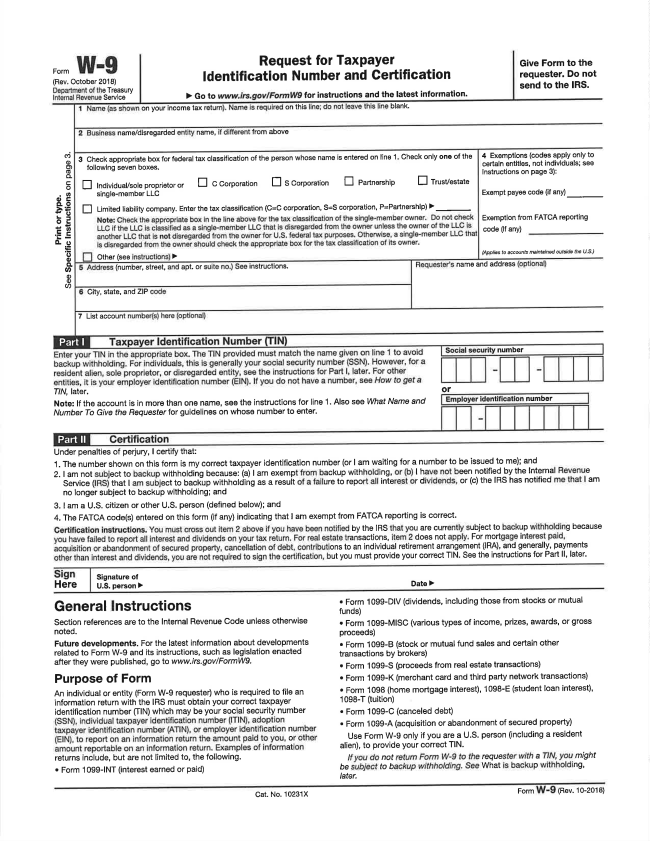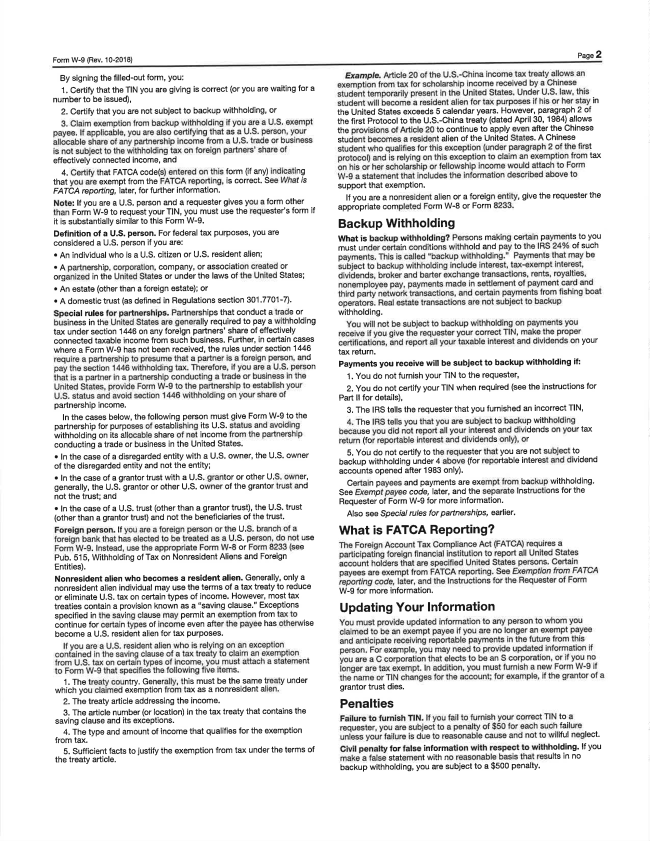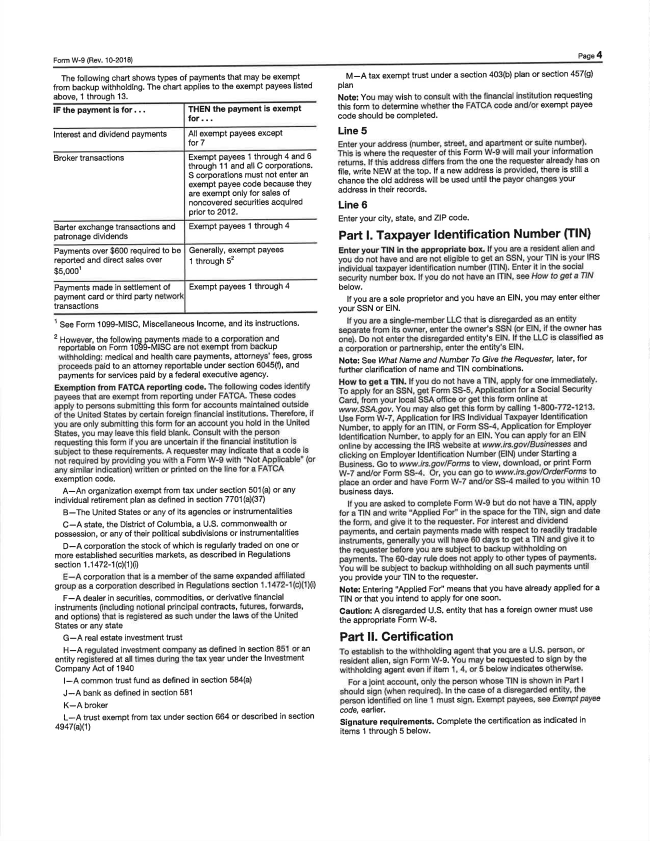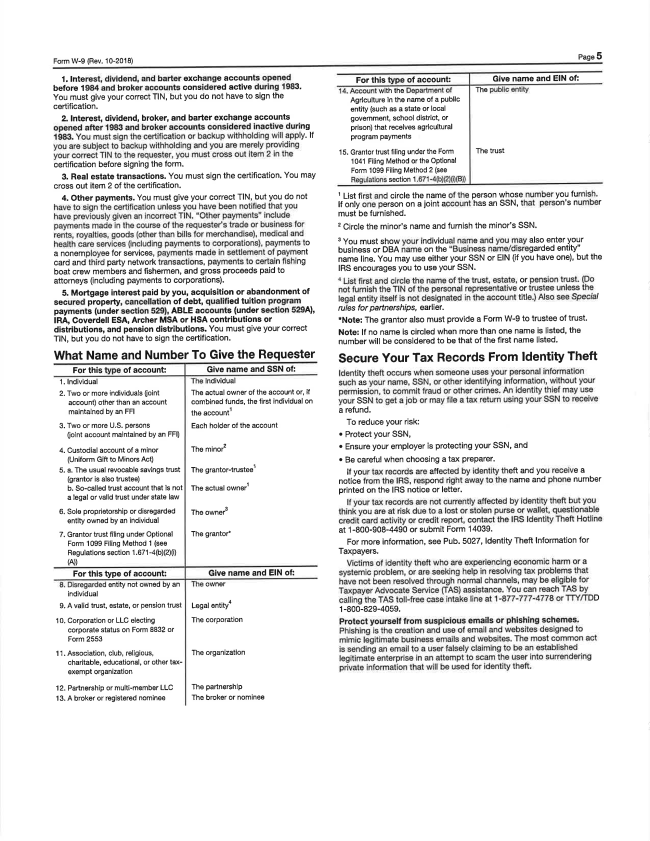February 2021 Client Newsletter

Stephen Merritt, CPA, PC | Certified Public Accountants | (757) 420-5778
233 Business Park Drive, Suite 104, Virginia Beach, VA 23462

What do you love more Louis?
Taxes or Treats????
What’s Inside:
- Do Nonprofits Ever Pay Taxes
- The Concept of Independence in Accounting
- Vendor Information for 1099’s
- Covid-19
- Caption Contest!!
Do Nonprofits Ever Pay Taxes
When you think about a nonprofit, the first thing that often comes to mind is that it is tax-exempt. Most nonprofits are not subject to federal, state, and local income tax.
Does that mean nonprofits are completely free of ANY tax liability? The answer to this is likely no – there are still some taxes that a nonprofit might be liable for. If you are considering starting a nonprofit organization, you won’t want to be surprised, so we’ll break it down for you.
Taxes That Do NOT Apply to Nonprofits
Generally a nonprofit is not subject to income tax at the federal, state, or local level on funds raised in direct association with the organization’s mission. The reasoning behind this exemption is that it allows more resources to be put toward its cause(s).
A nonprofit that qualifies for federal tax-exempt status is also exempt from paying property tax in all 50 states, by law. Sales tax is also often waived for certain transactions related to the organization’s mission, but not always. It depends on the nature and amount of sales activities of the nonprofit.
Taxes That Do Apply to Nonprofits
If a nonprofit organization hires employees, it will be subject to payroll taxes. Just like employees of for-profit entities, these individuals are required to pay tax on their earnings, and the organization is liable for the employer’s share of the payroll taxes.
Sales and use tax may also need to be paid. With sales tax, there is a distinction between paying sales tax on purchases, and collecting and remitting sales tax on sales. A nonprofit may need to pay sales tax on purchases from a vendor depending on the rules of its state and other considerations.
On the flip side, if a nonprofit is engaged in a business activity unrelated to its charitable mission and/or involved in sales of taxable items or services to customers, it may be obligated to collect and remit sales tax.
It is important to distinguish between these two areas and keep in mind that even if a nonprofit is exempted from paying sales tax on purchases, that exemption does not necessarily extend to collecting and remitting sales tax on outside sales.
Another area where a nonprofit might be liable to pay tax would be on what is called Unrelated Business Taxable Income (UBTI). This is income that is unrelated to the nonprofit’s core mission. As an example, a fundraising event to sell merchandise to raise money for equipment that will directly help carry out the entity’s cause would NOT be considered an unrelated activity, despite the sale of items to customers, because the money is going directly towards helping to advance the charitable mission.
On the other hand, if that merchandise is sold as part of a trade or business that is regularly carried on by the nonprofit and the proceeds are used to fund general operating costs like payroll or office expenses and not specific program expenses, that income could be considered UBTI because it is not substantially related to the organization’s charitable purpose.
If a nonprofit has over $1,000 of UBTI it must file Form 990-T and pay tax on that income. If the nonprofit is structured as a corporation, it will pay the flat 21 percent rate on that income, like the 21 percent tax paid by for-profit corporations. If it’s set up as a trust it will be taxed at trust rates, the highest of which is 37 percent. Because this is a gray area of the law and subject to some interpretation, it is highly recommended that a nonprofit seeks the advice of a tax professional in navigating the rules and determining if it is subject to UBTI reporting and taxation.
So, as you can see, taxes are not completely off the table just because an organization is exempt from federal income tax. Several different types of tax could come into play for a nonprofit, depending on whether it has employees, the nature of its activities, and other considerations.
The Concept of Independence in Accounting
Vendor Information for 1099’s







Links
https://www.irs.gov/pub/irs-pdf/fw9.pdf
Caption Contest!
We never know what Louis is thinking!
Think of a caption and submit it to
frontdesk@stephenmerritt.com by
Wednesday, February 24th
for a chance to win some Louis Swag!!



